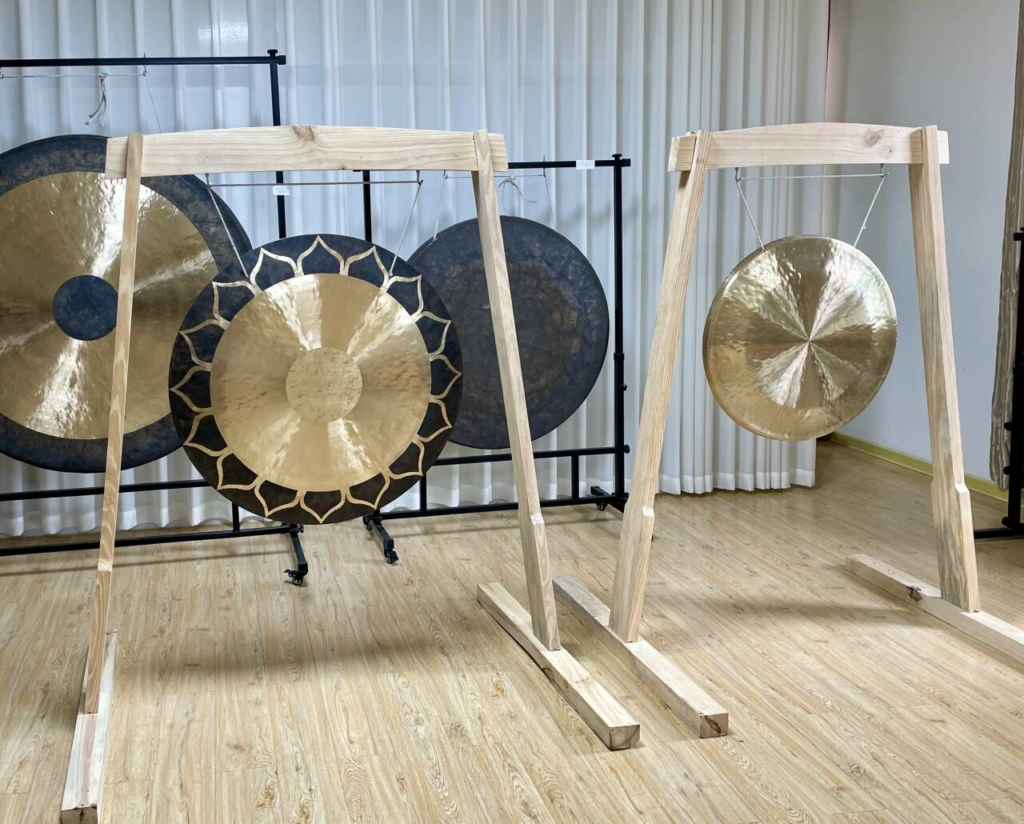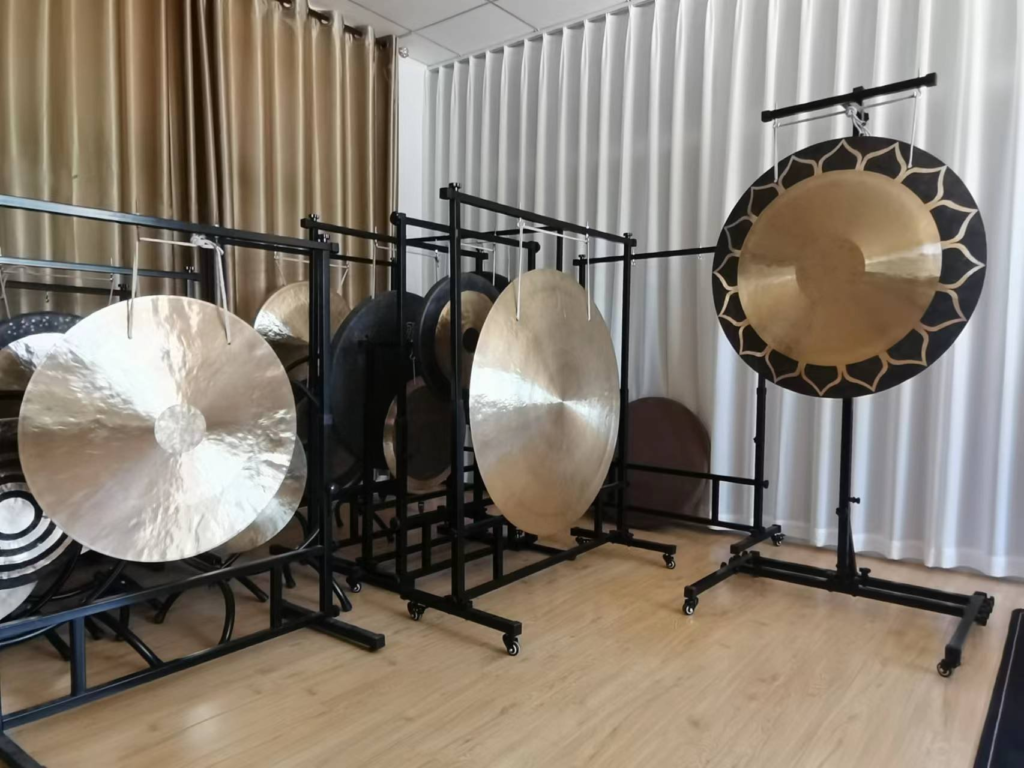Starting a gong instrument shop can be an exciting venture. Gongs are not only musical instruments but also cultural artifacts that attract musicians, collectors, and enthusiasts. This guide will walk you through the essential steps to launch your gong shop successfully.


Starting Your Journey in the Gong Business
Embarking on a new business requires careful planning and a clear vision. Begin by defining your goals. Do you want to focus on selling gongs exclusively, or will you offer other musical instruments as well? Understanding your niche will help you tailor your offerings to meet customer needs.Next, conduct thorough market research. Identify your target audience. Are they professional musicians, hobbyists, or collectors? Understanding who your customers are will guide your marketing strategies and product selection.
Understanding the Market for Gong Instruments
The market for gong instruments varies by region and customer preference. Research local demand for gongs and related products. Look into competitors in your area. What do they offer? How do they price their products? This information will help you position your shop effectively.Consider the different types of gongs available. There are various styles, including traditional Chinese gongs, Thai gongs, and modern designs. Each type appeals to different audiences. By understanding these distinctions, you can curate a diverse inventory that attracts a wider range of customers.
Essential Steps to Launch Your Gong Shop
Create a Business Plan
A solid business plan is crucial for any startup. Outline your business model, including how you plan to source gongs, manage inventory, and handle sales. Include financial projections and funding requirements. A well-structured plan will serve as a roadmap for your business.
Choose a Suitable Location
Selecting the right location for your shop is vital. Look for areas with high foot traffic or proximity to music schools and cultural centers. A visible storefront can attract more customers. If a physical location isn’t feasible, consider starting online to reach a broader audience.
Register Your Business
Once you have a plan and location, register your business with the appropriate government authorities. Choose a name that reflects your brand and resonates with your target market. Ensure that you comply with local regulations regarding permits and licenses.
Why Choosing Quality Gongs Matters
Quality is key when selling musical instruments. Poor-quality gongs can lead to dissatisfied customers and damage your reputation. Partner with reputable manufacturers who prioritize craftsmanship and materials.Test the gongs yourself before purchasing them for resale. Understand the sound quality and durability of each instrument. This knowledge will help you make informed decisions about which products to stock.
Learn How to Source Gongs from Suppliers
Finding reliable suppliers is essential for maintaining inventory levels and ensuring product quality. Attend trade shows or music festivals to meet potential suppliers face-to-face. Build relationships with manufacturers who share your commitment to quality. Consider both domestic and international suppliers. While local manufacturers may provide quicker shipping times, international sources might offer unique products at competitive prices. Weigh the pros and cons of each option based on your business model.
Creating a Unique Brand for Your Gong Shop
Branding sets you apart from competitors. Develop a strong brand identity that reflects the essence of your shop. This includes creating a memorable logo, choosing a color scheme, and crafting a compelling brand story.Your branding should resonate with your target audience. If you cater to traditional musicians, emphasize cultural heritage in your branding efforts. For modern audiences, focus on innovation and contemporary designs.
Marketing Strategies for Your Gong Instrument Business
Effective marketing is essential for attracting customers to your shop. Utilize both online and offline strategies to reach potential buyers.
Online Marketing
- Website Development: Create an engaging website showcasing your products, history, and mission.
- Social Media: Use platforms like Instagram and Facebook to share images of your gongs in action.
- Content Marketing: Write blog posts about gong history, playing techniques, or maintenance tips.
- Email Marketing: Build an email list to inform customers about new arrivals or special promotions.
Offline Marketing
- Local Events: Participate in local music festivals or art fairs to showcase your gongs.
- Workshops: Host workshops teaching customers how to play gongs or understand their cultural significance.
- Collaborations: Partner with local musicians or schools for promotional events.
Customer Service Tips for Selling Gongs
Providing excellent customer service is crucial for building loyalty and encouraging repeat business.
- Knowledgeable Staff: Train employees about different types of gongs so they can assist customers effectively.
- Personalized Experience: Offer personalized recommendations based on customer preferences.
- After-Sales Support: Provide support after purchase, such as maintenance tips or warranty information.
Exploring the Benefits of Selling Musical Instruments
Selling musical instruments like gongs offers several benefits beyond financial gain:
- Cultural Impact: You contribute to preserving musical traditions by promoting these unique instruments.
- Community Building: Your shop can become a hub for musicians and enthusiasts, fostering community connections.
- Creative Expression: You encourage creativity by providing instruments that inspire people to make music.
Your Guide to Pricing and Inventory Management for Gongs
Setting the right prices is critical for profitability while remaining competitive.
Pricing Strategies
- Cost-Plus Pricing: Calculate total costs (including purchase price, shipping, and overhead) and add a markup.
- Competitive Pricing: Research competitor prices to ensure yours are in line with market expectations.
- Value-Based Pricing: Consider the perceived value of high-quality gongs when setting prices.
Inventory Management
Keep track of inventory levels using software tools designed for retail businesses. Regularly review sales data to identify popular products and adjust orders accordingly.Implementing an efficient inventory system helps prevent overstocking or stockouts, ensuring you meet customer demand without incurring unnecessary costs.
Conclusion
Starting a gong instrument shop requires dedication, research, and strategic planning. By understanding the market, sourcing quality products, building a strong brand, implementing effective marketing strategies, providing excellent customer service, and managing pricing and inventory wisely, you can create a successful business that resonates with music lovers everywhere.This journey not only allows you to share the beauty of gongs but also enables you to foster community engagement through music education and appreciation. As you embark on this venture, remember that passion combined with professionalism will set you apart in this unique market space.With careful planning and execution, your gong instrument shop can thrive while enriching the lives of those who appreciate the art of music-making!
